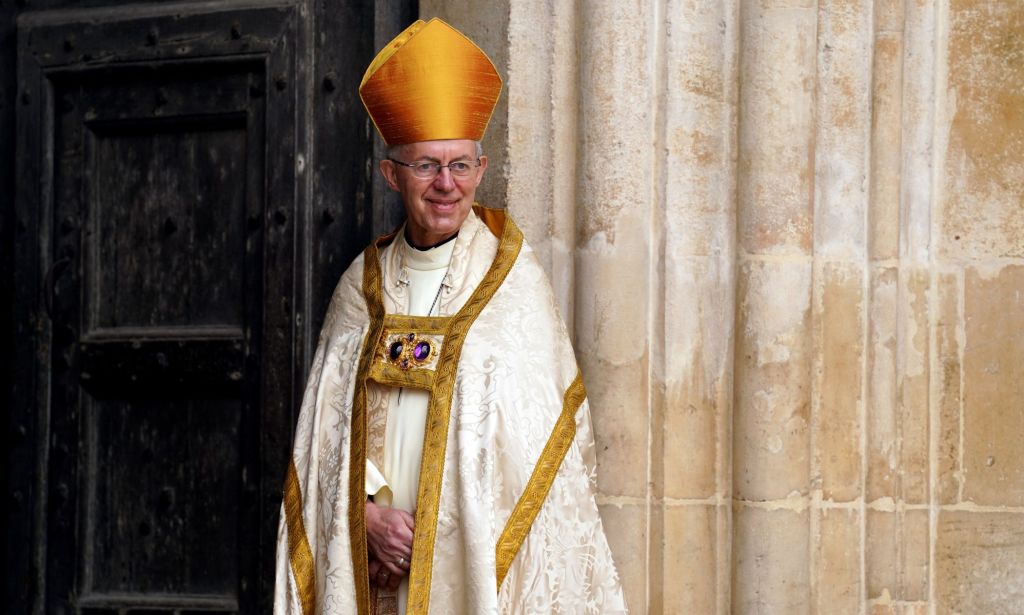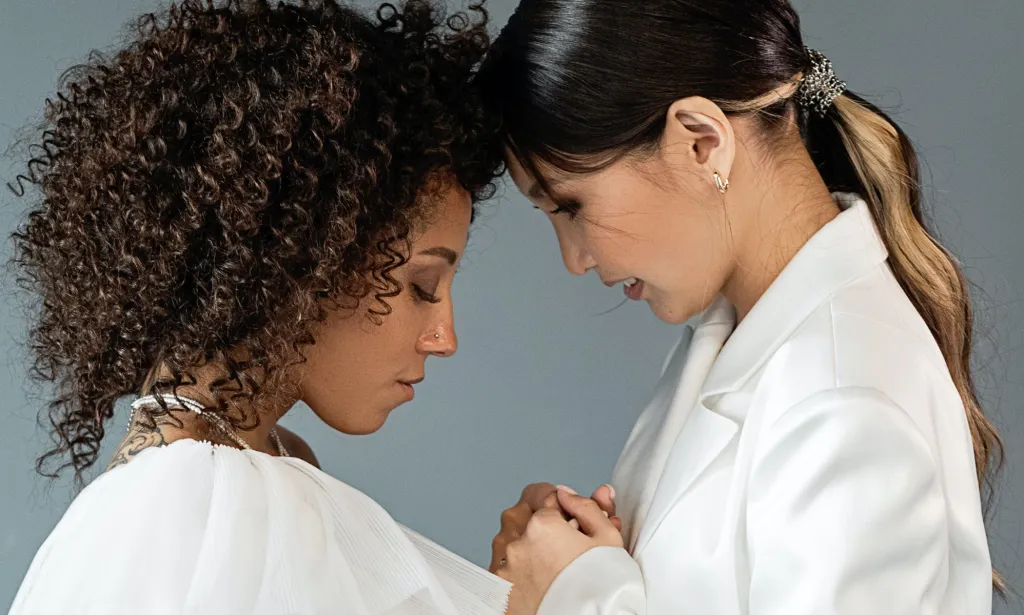Church of England to bless same-sex couples for the first time

The Church of England will bless same-sex unions on a trial basis.(Getty Images)
The Church of England is set to introduce special services that will bless the weddings of same-sex couples for the first time on a trial basis.
Although the dedicated services will not be formal Church of England wedding ceremonies, they will look almost identical to a standard church wedding, with music, readings, rings, prayers, confetti, and a blessing from the priest in front of any invited guests and loved ones.
The landmark decision to introduce same-sex services as an “experimental” trial was passed by the Church of England’s parliament in a narrow decision that hinged on just one vote.

The Church of England still officially teaches that marriage is only between a man and a woman.
However, a proposal to introduce same-sex services was proposed by the Rt Rev Steven Croft, who noted the progress that many bishops within the church had made on the issue of sexuality.
Reacting to the passing of his proposal, Rt Rev Croft said, per BBC News, that he was “delighted.”
Noting that these services would not be official Church of England weddings, he added: “I hope there will be a similar joy and affirmation, and those that come to receive these prayers will feel fully welcomed into the life of the church.”
The Archbishop of Canterbury, Justin Welby, and the Archbishop of York, Stephen Cottrell, had also backed the motion, and said in a joint statement that the Church of England had “heard loud and clear, through an extensive debate over two days, the depth of feeling across the church on these hugely important questions.”

Their statement added: “While this motion was passed, narrowly, we do not underestimate the depth of feeling and will reflect on all that we have heard as we seek to move forward.”
Similarly, the Bishop of London, Sarah Mullally, commented: “The truth is – as we have seen again today – that the Church of England is not of one mind on questions of sexuality and marriage.”
However, Jayne Ozanne, who sits on the Church of England’s General Synod noted that there was still a long way to go, and that the church is still “deeply homophobic, whatever bishops and archbishops say.
“I fear that much of the nation will judge the Church of England as being abusive, hypocritical and unloving – they are, sadly, correct.”
More conservative members of the church weren’t as thrilled by the news, with the national director of the Church of England’s Evangelical Council, Revd Canon John Dunnett, stating that he was “grieved and saddened” by the outcome of the vote.
He warned that the amendment would “tear local parish congregations apart, damage the relationship between large numbers of clergy and their bishops, and cause churches across the dioceses to feel as though their shepherds have abandoned them.”
There is no exact timeframe for when trial services will begin, but it is reported that they could authorised in a matter of weeks, with the first services getting underway in the early new year.
Trial services will be able to run while the full process of authorisation for this milestone amendment, which could take up to two years, gets underway.
No member of the clergy will be obliged to perform same-sex wedding services. Rather, they will be offered on a voluntary basis.
This update comes shortly after bishops voted against an official amendment to The Church of England’s teachings which would have allowed priests to formally marry same-sex couples. Bishops did, however, decide to allow prayers of blessings for people in same-sex relationships as part of wider services.
How did this story make you feel?

